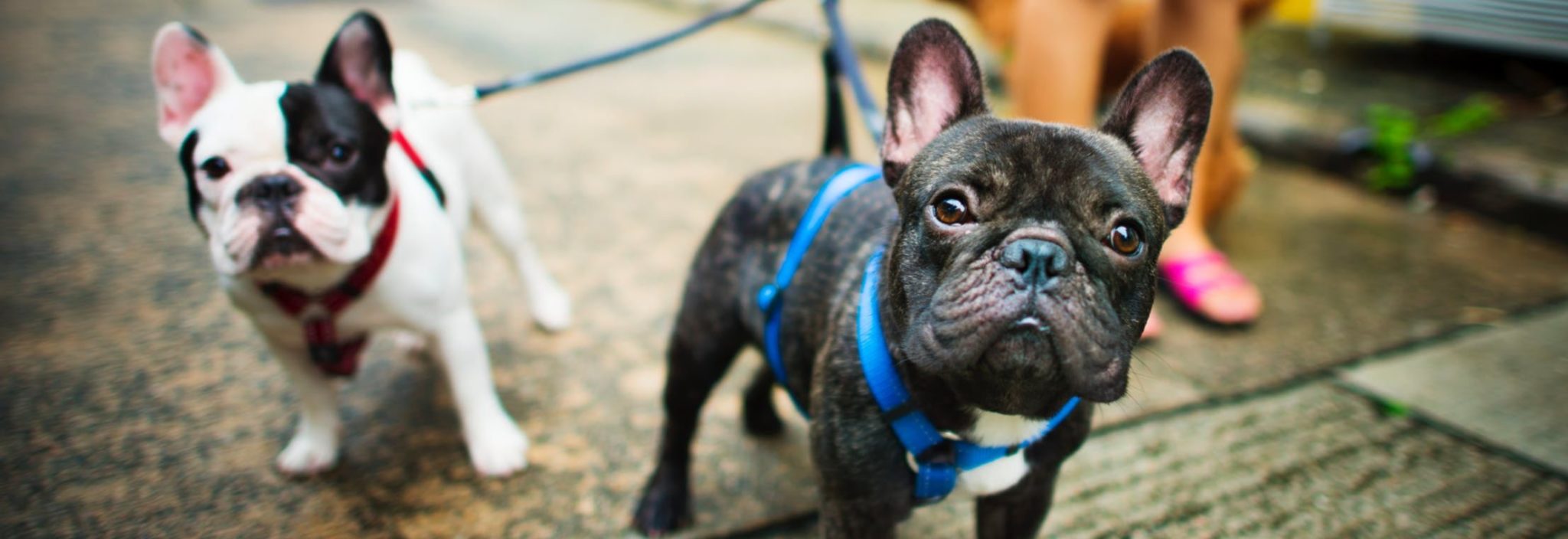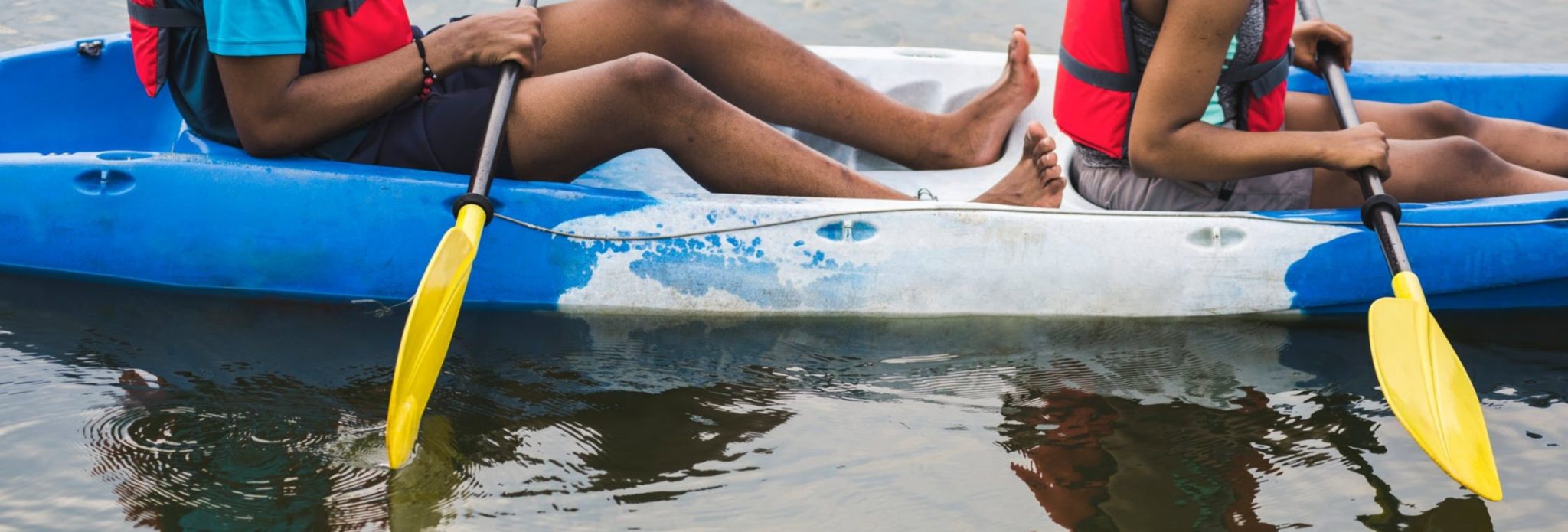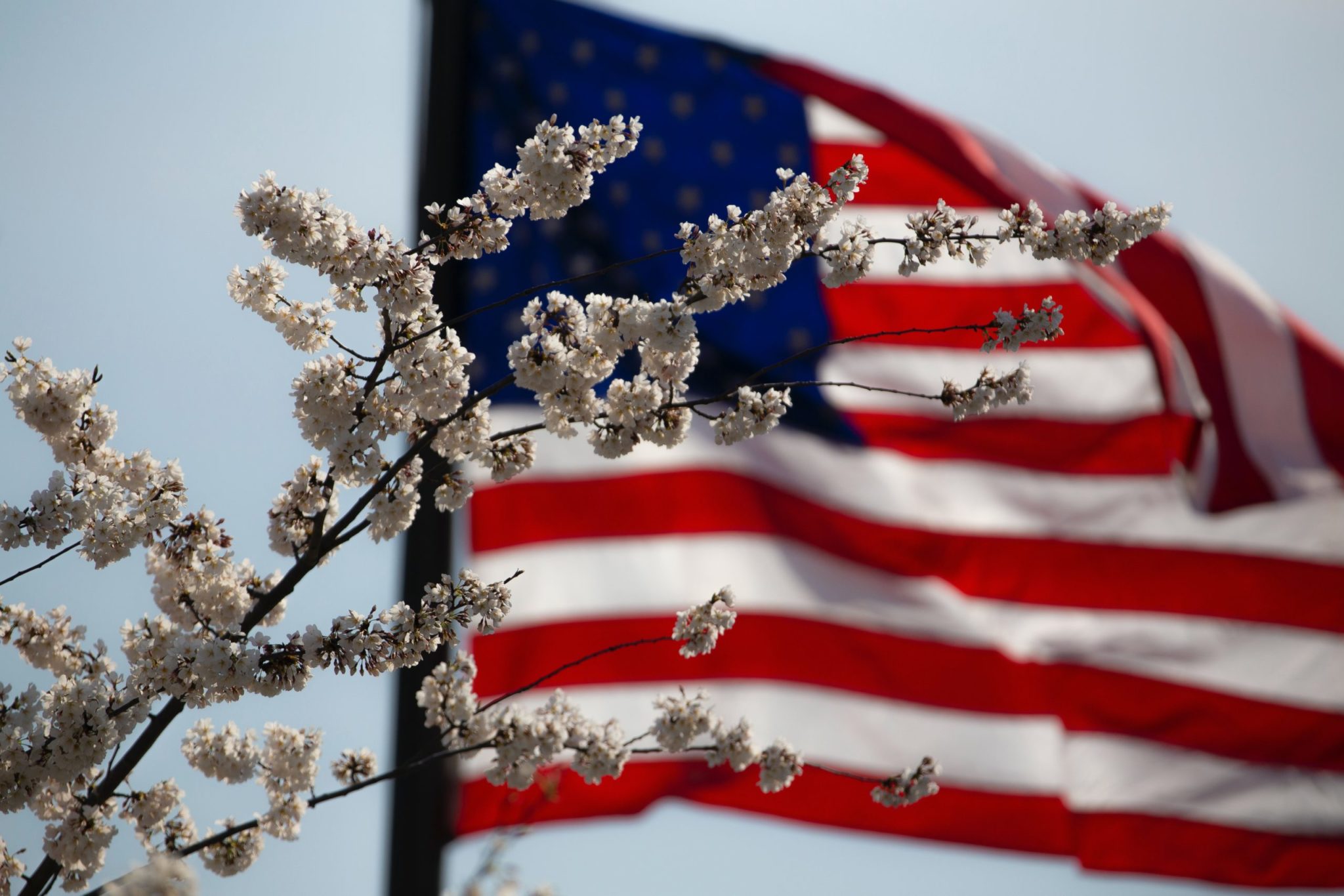You have probably noticed fireworks stands already popping up in your cities, neighborhoods and locations near you. At night the sounds of bottle rockets or other fireworks can be heard on my street and we still have days till the big celebration. It is that dangerous time of year again.
As July 4th approaches, you’re probably thinking about sitting out on the lawn with your family and neighbors, having a BBQ, eating snacks, making s’mores and watching beautiful fireworks bursting in the night sky. July 4th celebrations can be a lot of fun, but you also need to be mindful of your safety and the safety of others.

Firework Safety Tips
Fireworks can be very dangerous and should only be handled by responsible people or trained professionals. According to Prevent Blindness America, there were over 10,000 fireworks injuries treated in hospital emergency rooms, including 12 deaths in 2015. And, almost half of the injured are children ages 16 years old and under.
Even sparklers can be dangerous; they are the second highest cause of fireworks-related injuries requiring trips to the hospital. Sparklers can heat up to 1200 degrees Fahrenheit. That’s hot enough to melt glass!
To have a fun and safe July 4th celebration, check out these fireworks safety tips from Consumer Product Safety Council!

Pet Safety
Perhaps you are considering staying at home and planning a get-together with friends and family. Or, you may want to go check out your local professional fireworks display. While putting the finishing touches on your planned celebration, take a moment to consider your pets. Unlike people, pets don’t associate the noise, flashes, and burning smell of pyrotechnics with celebrations. Pets are terrified of fireworks, and often panic at the loud whizzes and bangs they produce.
Because of this, the American Humane Association reports that July 5 is the busiest day of the year for animal shelters. Why? In a 2015 press release the Proactive Animal Welfare, Inc. (PAW) stated that animal shelters the day after Fourth of July are “inundated with pets that panicked at the noise of firecrackers and fled into the night, winding up lost, injured or killed.”
Both the American Society for the Prevention of Cruelty to Animals (ASPCA) and PAW have listed ways you can prevent your holiday celebration from turning into a tragedy. Follow the link for 10 tips on how to keep your pet from panicking this Fourth of July weekend.

Grilling Safety
On any warm and sunny summer weekend, many of us will be firing up the grill and preparing some of the most awesome culinary treats for family and friends. We would like you and your family to maximize your enjoyment of this summer season by staying safe while having fun grilling, sporting or just relaxing. Here are a few tips to help you do this.

Water Activity Safety
As July is one of the hottest months of the year, many families turn to water activities to beat the heat. However, even fun water activities have serious risks if the proper precautions aren’t taken.
- Review safe boating practices.
- Never consume alcohol while driving a boat.
- Before boating, always check that there are enough life preservers on hand for every passenger.
- Set water safety rules for your family.
- Pools should be enclosed completely with a fence to restrict access to the area. Consider installing wireless outdoor sensors that will alert you via phone or with a chime inside your home if the sensors are activated.
- Keep a first aid kit near the pool.
The safest and best bet for celebrating this Fourth of July with your pets is to exclude them from holiday festivities, at least this time around. Instead, find a safe, secure spot in the home for your pets while you go out and enjoy the loud bangs, bright lights and spectator fun. Your pets will appreciate the quiet a lot more than you’ll enjoy the noise.




